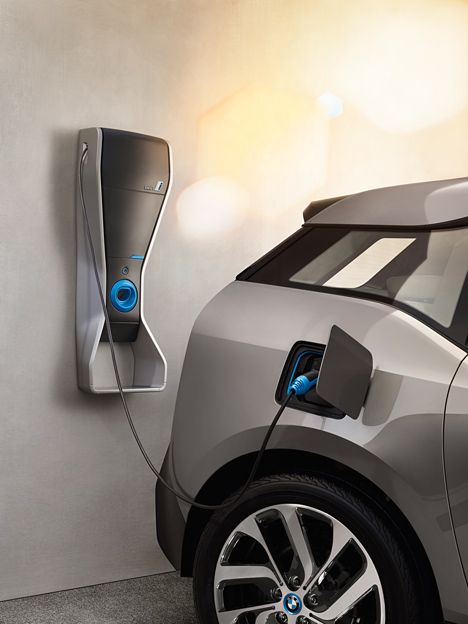Get Free Quotes 866-651-2992
Remanufactured & Used Engines

In recent years, the world has witnessed a revolutionary shift towards sustainable transportation, and the great electric car race is just beginning. With the rise of environmental consciousness and the need to reduce carbon emissions, electric vehicles (EVs) have emerged as a promising solution. This article delves into the exciting advancements, benefits, and the competitive landscape of the electric car industry.
Electric cars have gained significant traction in the market due to their eco-friendly nature. Unlike traditional gasoline-powered vehicles, EVs run on electricity, resulting in zero tailpipe emissions. This fundamental difference makes electric cars an essential component of the global efforts to combat climate change and improve air quality.
With governments worldwide pushing for stricter regulations on emissions and offering incentives to promote electric vehicle adoption, major automobile manufacturers have invested heavily in developing electric models. This has led to a surge in electric car options for consumers, ranging from affordable compact cars to luxurious high-performance vehicles.
One of the primary drivers of the electric car race is technological innovation. The ongoing advancements in battery technology have significantly improved the range and charging capabilities of electric vehicles. Today, many EVs offer impressive driving ranges, making them a viable option for daily commuting and long-distance travel.
Besides their environmental benefits, electric cars also offer several advantages over conventional vehicles. The lower operating costs of EVs, attributed to the lower cost of electricity compared to gasoline, make them more cost-effective in the long run. Additionally, electric cars require less maintenance due to their simpler drivetrain, resulting in potential savings for consumers.
Furthermore, electric cars provide a smoother and quieter driving experience compared to their gasoline counterparts. The instant torque delivery of electric motors offers quick acceleration, enhancing the overall driving pleasure. The absence of engine noise creates a serene environment, making electric vehicles ideal for urban areas where noise pollution is a concern.
The competition among leading automakers in the electric car market is fierce. Companies like tesla, nissan, chevrolet, and bmw have introduced compelling electric models that have captured the public's attention. tesla, in particular, has become synonymous with electric cars, revolutionizing the industry with its cutting-edge technology and long-range capabilities.
In addition to traditional automakers, several tech giants, such as Apple and Google, have shown interest in electric and autonomous vehicles. This convergence of technology and automotive industries further intensifies the competition and fuels innovation in the electric car race.
As the electric car market continues to grow, the development of charging infrastructure plays a crucial role. Governments, businesses, and organizations are investing in expanding the charging network to alleviate range anxiety and facilitate long-distance electric travel. With the advent of fast-charging stations, the time required to charge electric vehicles has significantly reduced, making them more convenient for consumers.
It is evident that the great electric car race has just begun, and the future of transportation is set to be electric. With advancements in technology, increasing consumer demand, and the global push for sustainability, electric vehicles are poised to dominate the automotive industry. The shift towards electric cars promises a greener, cleaner, and more efficient future for transportation.
Join us in this thrilling journey towards a sustainable future as we witness the rise of electric cars and the transformation of the automotive landscape.